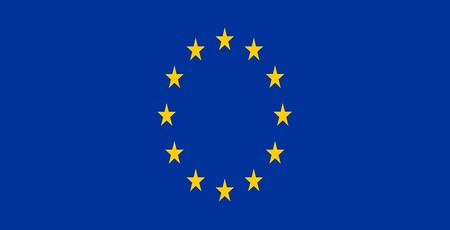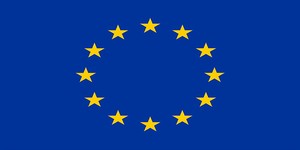EU finance ministers call for new tax on tech companies
September 11, 2017 | 10:13
Companies: #european-commission #european-union #france

The finance ministers of France, Germany, Italy, and Spain have signed a joint movement calling for technology companies to pay an 'equalisation tax [...] to reflect what some of these companies should be paying in terms of corporate tax.'
That companies work to minimise their tax burden is of no surprise to anyone, but technology companies in particular have long stood accused of dodgy dealings that see profits shuffled out of their country of origin to 'headquarters' located in tax haven nations. It's an international issue - Microsoft was given an £87 million bill by the Chinese tax authorities in 2014 for allegedly avoided back taxes - but one which European nations have been seeking to address of late: The UK charged Google £130 million in back taxes at the end of a six-year investigation in 2016, followed by a €1.6 billion bill from the French authorities over the same issue. Later that year Apple was ruled to have dodged €13 billion in Irish taxes using the same tricks as Google - a sum Ireland's government has disputed and stated it will not chase, likely out of concern that Apple will simply shutter its Dublin-based subsidiary and move elsewhere should the government attempt to collect on the unpaid bill.
Four European finance ministers have had enough, however, and have jointly signed a movement to introduce what they describe as an 'equalisation tax' which would bring the amounts paid in taxes by technology companies doing business in Europe closer to what they are supposed to pay in corporate tax alone, as a stop-gap measure pending reforms in EU law regarding such corporate taxation.
'We should no longer accept that these companies do business in Europe while paying minimal amounts of tax to our treasuries,' Bruno Le Maire, Wolfgang Schäuble, Pier-Carlo Padoan, and Luis De Guindos state in the joint letter representing their positions as finance ministers of their respective countries, as first reported upon by the Financial Times. 'Economic efficiency is at stake, as well as tax fairness and sovereignty. We support the ongoing work on those questions at the G20/OECD level and are looking forward to the progress report in spring 2018. The European Commission has also taken important initiatives with the proposals for directives on a Common Consolidated Corporate Tax Base (CCTB and CCCTB). These proposals are useful, and we must continue to work actively on them. These initiatives must nevertheless be complemented. We would like to move ahead quickly at EU level. Therefore we ask the EU Commission to explore EU law compatible options and propose any effective solutions based on the concept of establishing a so-called "equalisation tax" on the turnover generated in Europe by the digital companies.
'The amounts raised would aim to reflect some of what these companies should be paying in terms of corporate tax,' the statement continues. 'This proposal is practical. It does not call into question the essential work on CCTB and CCCTB. The Commission could decide to propose a legislative initiative accordingly. It will demonstrate our commitment to appropriately tax the companies of the digital economy in a way that reflects their genuine activity in the EU.'
If the quartet's proposal is accepted, tabled as a bill, and turned into law by a unanimous vote, it could spell the end to profit-boosting tax avoidance carried out by technology companies - including, but by no means limited to, those previously named in this article - operating within the EU. For consumers, though, the move would likely be reflected in higher prices as said companies look to shore up their profits by defraying the increased tax burden onto their customers.
Thus far, none of the major technology companies have commented on the statement.

MSI MPG Velox 100R Chassis Review
October 14 2021 | 15:04








Want to comment? Please log in.